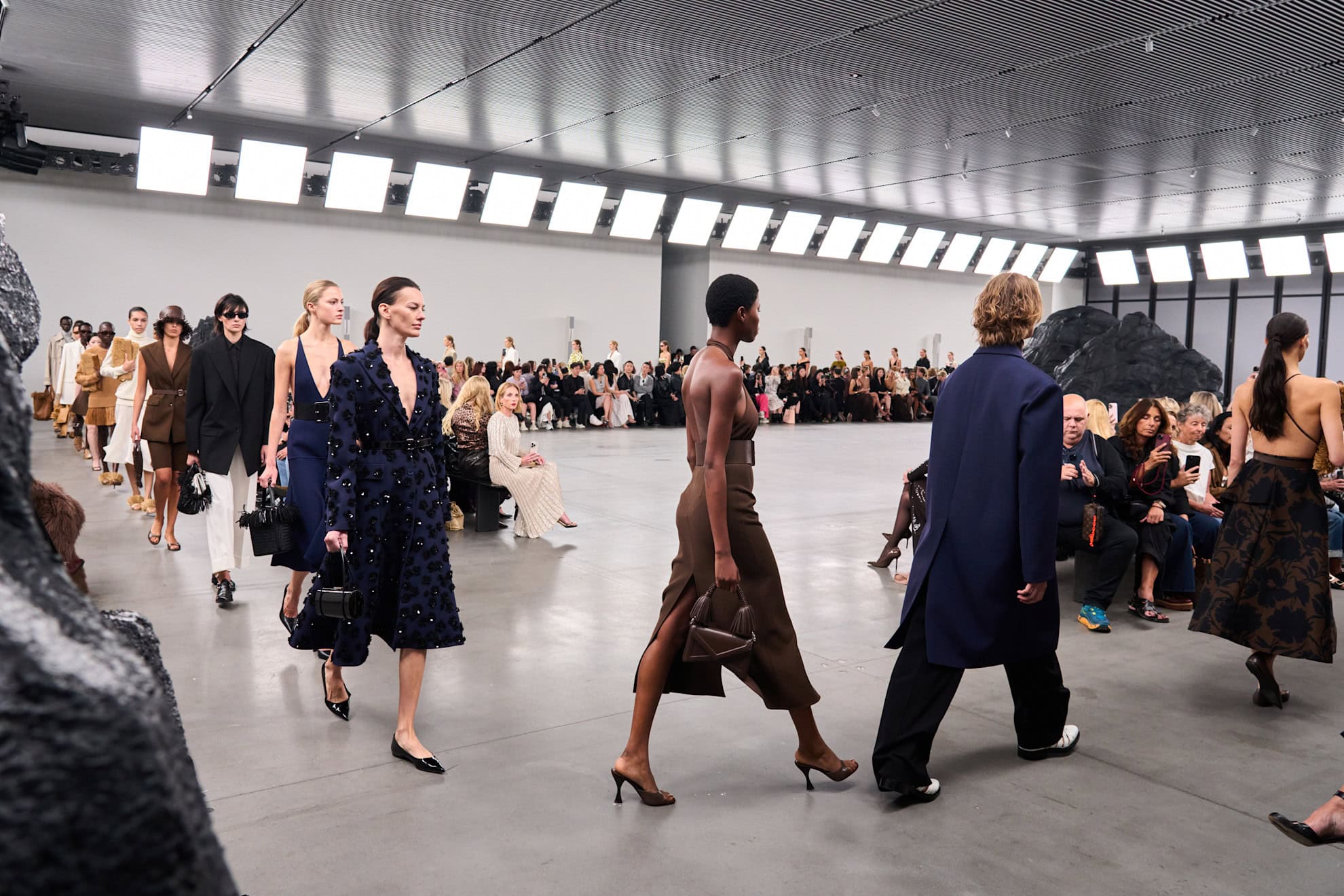Following the Challenge from the FTC, the Deal that Could Have Created an Accessible Luxury Powerhouse Has Been Mutually Terminated
Tapestry Inc. and Capri Holdings have decided to terminate their $8.5 billion merger, officially ending a deal that aimed to create a U.S.-based accessible luxury giant by combining brands like Coach, Kate Spade, Versace, and Michael Kors under one umbrella. The decision came after the Federal Trade Commission challenged the merger on antitrust grounds, arguing it would create a dominant player in the accessible luxury handbag market with the potential to increase consumer prices by an estimated $365 million annually. Last month, a federal judge granted the FTC’s request for a preliminary injunction, effectively halting the merger process. Facing a lengthy legal battle unlikely to resolve before the merger contract expired in February, the companies mutually agreed to go their separate ways.
“We are now focusing on the future of Capri and our three iconic luxury houses,” said Capri CEO John Idol, citing Capri’s “incredible portfolio of luxury houses” and solid retail and digital presence as a foundation for growth. Idol emphasized Capri’s commitment to brand desirability, omni-channel strategies, and improving Michael Kors’ core and signature offerings, with plans to downsize the Michael Kors store network by about 155 locations while increasing marketing investment.
Meanwhile, Tapestry also reaffirmed its standalone growth plans. “We have always had multiple paths to growth, and our decision today clarifies the forward strategy,” said Tapestry CEO Joanne Crevoiserat, highlighting Tapestry’s strength in distinctive brands, agile platform, and strong cash flow. To underscore this commitment, Tapestry added $2 billion to its share repurchase plan, a decision that will be funded through a mix of cash and debt.
Wall Street responded sharply to the termination news. Tapestry’s shares rose by approximately 10 percent in early trading on Thursday, while Capri’s shares fell around 5 percent. Analysts had recently expressed concerns that Tapestry was overpaying for Capri, given Capri’s deteriorating financial performance since the deal was first announced in August 2023. The fallout led to significant stock movement: Capri shares had plunged around 50 percent after the judge’s ruling, while Tapestry saw a 10 percent boost.
Looking ahead, both companies are committed to their individual strategies. Capri will outline its approach in an investor call, focusing on growth strategies tailored for Versace, Jimmy Choo, and Michael Kors. Tapestry, building on its successful first quarter, aims to drive organic growth and capitalize on shareholder value. “There is no better investment at this time than our own stock,” said Crevoiserat, signaling confidence in Tapestry’s independent trajectory.
